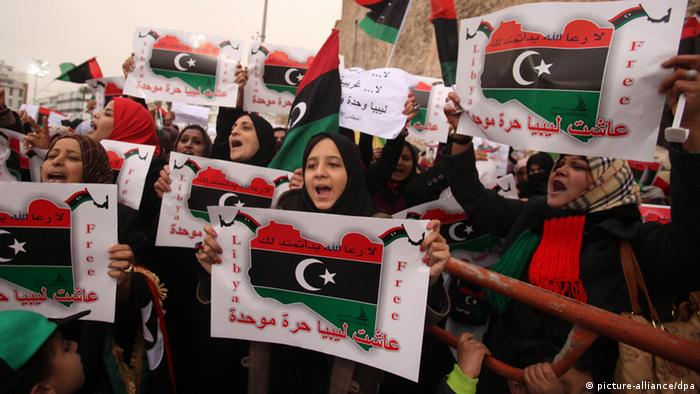Summary By Carolyn Abdenour
Impunity Watch Reporter – Middle East
DAMASCUS, Syria – The Syrian Network for Human Rights (SNHR), a London based human rights group, confirmed on Tuesday, 24 April 2012, that 33 victims died around the country.
Below is a list of victims sorted by region. The victims are listed by name and the manner in which they died, if known.
Damascus and Damascus Suburbs: 10 Deaths this week
1-Khaled Ismail Anounu Arrifa’ee – Kafr Batnah – killed by the security forces gunfire in a demonstration
2- Omar Ridwan Assarmini – Douma – died in an explosion targeted him by the security forces
3- Muhammad Sameeh – Atadhamun – killed by the security forces gunfire in a demonstration
4- Muhammad Muhsen – Atadhamun – killed by the security forces gunfire in a demonstration
5- Muhammad Al-Khadhrah – Douma – Red Crescent paramedic personnel – Due to shelling
6- Muhammad Saryoul – Douma – died due to shelling
7- Haytham Addarrah – Douma
8- Muhammad Khair Muhammad Talq Azzarfan – Doum – 25
9- Fayez Tu’meh – Douma – death by sniper
10- Muwaffaq Hesaba – Douma
Dier Ezzor | 1 Death
1-Jamal Azzuhri – Al-Bukamal
Homs Province | 15 Deaths
1-Qutaibah Ma’rouf Al-‘Aitar – Al-Qusair – his body was dumped by the security forces in the farms after they executed him
2- Maysar Sa’eed ASuhouri – Al-Qusair – his body was dumped by the security forces in the farms after they executed him
A massacre took place in Al-Qusour Neighbourhood, the family members’ bodies were found slaughtered by the security forces
3- Rayyah Aterkawi – Al-Qusour – 102 – her throat was slit
4- Al-‘Alyaa Aterkawi – Al-Qusour – her throat was slit
5- Jasem Aterkawi – Al-Qusour – died after being slaughtered
6- Muhammad Al-Mustafa – Al-Qusour – died from gunfire
7- Qasem Al-Mousa – Al-Houla – Defected lieutenant – killed in Damascus for defecting
8- Adnan Assarmini – Talbeesah – kidnapped from his home in Assalameyah on 18 April and found killed along with his son
9- Husam Adnan Assarmini – Talbeesah – kidnapped from his home in Assalameyah on 18 April and found killed along with his father
10- Fayez Naser Ashawwa – Al-Qusour – death by sniper
11- Mahmoud Ismail Taleb – Al-Qusair – died due to shelling
12- Muhammad Al-Atrash – Dier Ba’albah – public execution during a raid
13- Rashed Al-Uthman – Dier Ba’albah – public execution during a raid
p14- Abdurrahman Attadmuri – Dier Ba’albah – ublic execution during a raid
15- Ahmad Assaleem – Tadmur
Hama Province | 2 Deaths
1-Meheo Abul-Kareem Assayadi – Halfaya – 26 – died from gunfire
2- Zaher Abdullateef Annaser – Hafaya – 25 – died from gunfire
Dar’aa Province | 2 Deaths
1-Shukri Muhammad Khair Al-Qazhali – Jebab – died from gunfire
2- Hatem Al-Khateeb – Al-Jeezah – Security personnel
Aleppo Province | 1 Deaths
1-Abullateef Abdullah Afash – Anadan – 55 – killed by several bullets to his head
Idleb Province | 2 Deaths
1-Hasan Aullah Ashawwaf – Idleb – 30 – died after fighting his wounds of an explosion for the last 20 days
2- Labeeb Ahmad Mu’arri – Mehambel – detained two days prior to finding his body to the side on the street on Tuesday
For more information, please see
Syrian Network for Human Rights – London – www.syrianhr.org – 26 Apr 2012

